Close Reader: An interview with Alexandra
on byzantine art history, writing a dissertation, and a giant TBR pile
In this series, I ask some of my favorite Substack essayists, Bookstagrammers, and writers to share their reading and writing processes and habits, and tell us about the literary ideas they’re spending time with these days.
Today’s interview is with Alexandra, of thebookishglow on Instagram. Alex and I became fast friends after connecting on the woes of dissertating, the joys of reading, and a shared love of all things cozy and readerly.
Let’s start with an introduction! What’s your name and where are you currently living?
My name is Alexandra, and I currently live in Montreal, QC, where I’m working on my dissertation in Byzantine art history at McGill.
What are you reading right now?
Oh gosh, I feel like my “currently reading” pile is bigger than it’s ever been. I’m reading quite a few books at the moment and they’re all over the map.
I’m just over halfway through Fresh Water for Flowers by Valerie Perrin, which I started as a readalong with some fellow Bookstagram friends. It’s translated from French (I’m currently reading the English translation) and it’s such a delight; unlike anything I’ve read before. Quirky and laugh-out-loud funny in parts, but so full of depth.
I’ve also started Donna Tartt’s The Secret History—after many, many years of having it on my TBR, I’m finally getting to it.
I’m also making my way through Wellness by Nathan Hill, East West Street by Philippe Sands, and Demon Copperhead by Barbara Kingsolver. Also, a ton of children’s picture books on rotation! (You can check out all the latest picture books I’m reading on my children’s lit account: @littlebibliogems on Instagram!)
What are some of your favorite books or genres?
I love this question—it’s both a straightforward one, and a complex, layered one I never really find an answer to; I guess in the broadest sense, I naturally veer towards literary and contemporary fiction. But these are such huge categories so lately, I’ve found it helpful to think about reading taste thematically.
I’m really moved by stories that explore complicated families and relationships and that really make you think about human experience—emotion, trauma, identity, ontology. I love to read about women exploring who they are, their desires, struggles, innermost secrets, as they navigate expectations surrounding motherhood, mother/daughter relationships, ideas about sexuality and femininity…I could go on. Anna Hogeland and Kayla Maiuri are some favourites here. I also love a good campus novel.
What ideas are you studying or exploring right now?
Lately I’ve been thinking a lot about late 19th- and early 20th-century Byzantine art collections and the individuals who acquired and curated the objects within them. It’s a lot of historiographical thinking related to my dissertation, but I think after about a 2-year slump, I’ve found my way to move forward. I had a whirlwind visit to NYC in May that really changes things for me; I was able to do some archival research at the Met and the Morgan Library, to see the tangible records of how so many Byzantine objects made it into Morgan’s collection and subsequently the Met as a result of shifting ideas about material and cultural value in the art world (the world of connoisseurship) and art history itself, as an emerging academic discipline.
Byzantine art has always kind of held a fraught position within the discipline, because it doesn’t fit neatly into its teleological narrative. It’s important to remember that art history as a discipline is a western construct wherein each art historical style and/or period culminates in the Italian Renaissance. So where does a piece of gold jewelry from a medieval Kyivan Rus’ treasure hoard fit in? How does someone like Morgan develop an interest in it, enough to acquire it for his personal collection? These are some of the questions I’m working through right now.
What is your reading method? Tell us about your reading routine, habits, quirks, anything you'd like to share.
I love this question—it made me immediately think about how different my methods are between my academic and personal reading lives.
In my research, I’m an incredibly hands-on, tactile reader; this means dog-eared, annotated monographs, warm stacks of journal articles freshly printed, colour-coordinated highlighters and pens, and a notebook. When I read novels for pleasure, I never dog-ear, annotate, highlight…I try to keep my pages and copies as pristine as possible. I don’t have a specific method of organization for them though, I love my haphazard stacks accumulating beside my nightstand (pictured below).
What does closely reading mean to you? Do you consider yourself a close reader?
I think I kind of touched on this above, but I love this concept. For me, I think close reading is a tactile process: annotating, highlighting, underlining, circling, sticky notes, tabs—all the things!
When it comes to my PhD work, I am a full-on close reader. It’s a process that helps me engage with what I’m reading in a tangible, immersive way, which is something I love to do when I come across a new book or article for my research. I love having the visual imprint of my thought processes marking the pages to refer back to.
But in my personal reading life, I have the opposite approach—I keep my novels as pristine as possible, but I don’t think of myself as any less of a close reader. This is seemingly a contradiction, right? I’m trying to make sense of it myself but it could simply my brain’s way of reading differently, rather than less close.
Do you prefer to read hardbacks, paperbacks, or digital copies? Why?
All of the above, and I’ll add audiobooks to the mix! Because I have such distinct processes for reading different purposes, I enjoy having variety in the medium, too. As a grad student, partner, creator, and mother of two little ones, I appreciate having the luxury and convenience of these options to squeeze in reading during small, and often sporadic, pockets of time.
What’s your annotation process like, while you read? Do you write in your books? Why or why not?
I don’t want to repeat myself too much here, but I’ve mentioned the different reading processes for my research and for pleasure, and the same holds true for annotation; while I don’t annotate or write in my books, I will say that I do make note of specific lines or passages that stop me in my tracks—sometimes this is just a quick note on my phone, or writing it down on a piece of paper or in a notebook. I love to collect passages from all my favourite books. But in my research, I annotate, annotate, annotate!
I have a very specific process:
1) I read the item (book, book chapter, article);
2) I read it again and underline lines that stick out to me (this could be for any reason—because it’s related to my research, because I may want to cite it, because it’s beautiful);
3) I read it another time with a highlighter to emphasize passages that are directly related to my research and that I may incorporate into my dissertation;
4) I mark the underlined passages I love with an asterisk, and flag the highlighted passages with sticky tabs.
Speaking of writing, what is your current writing project?
My current project has been ongoing for the last 7(ish) years—my PhD dissertation in Byzantine art history.
I’ve also been thinking about trying some fiction writing. I have about a dozen ideas for children’s books…but I’m afraid I’m too much of an overthinker to ever start trying.
I’m also working on my Substack! I initially started it this summer as a generic kind of bookish newsletter, but I’m working on a “rebrand” of sorts. It’ll still be bookish, but I also want it to be a bit more personal, reflecting more of who I am as graduate student and some of the ideas and frameworks as a medievalist that continue to shape my appreciation of books, art, and culture. Stay tuned!
Describe your writing process. Where do you start? How do you get focused?
This is such an interesting question for someone nearing the end of a big writing project—it’s been a while since I’ve thought about beginnings. But generally, I am a plotter and an outliner; I basically have to have a nearly complete vision of what I want to write about in order to start. When I’m starting a thesis chapter, for example, I’ll outline the different sections I plan to discuss, and then write out a detailed, point-form outline of what will go in each section, including passages I want to incorporate and other primary research elements to reference. This outlining process is was gets me focused and invested in what I’m going to write about, and it also helps bring the ideas to life in a more concrete way. So much of this work can be abstract, so making it tangible in this way is key for me.
Describe your revision process. How do you go back into a piece of writing to revise?
I wish I had a more insightful answer for this, but honestly, I typically just revise after my advisor has read my draft and includes notes and feedback on what I’ve written. I will usually read it over for spelling, sentence structure, and other more technical aspects before sending it off, but other than that, mentally shutting off and reviewing it again with her comments is an important step in my work. It gives me the distance I need after working on something for so long, and it helps me revisit it with a fresh perspective.
Describe your editing process. What’s that like? Do you self edit? Reach out to friends?
My editing process is very similar to my revision process, so I self edit mostly the technical components and give myself a short break while my advisor reads it. With her feedback, I then tackle the conceptual parts, with structure, organization, and logic/flow in mind.
What is the relationship between reading and writing, to you? Where are the overlaps? Where are the important distinctions?
I think reading and writing are different sides of the same coin, if the coin was more of a spherical shape and also a little bit see-through. They are distinct practices, but inextricably connected by creative processes whose boundaries are not always clear, linear, or certain. What I mean simply by “distinct practices” is that the physical acts or rituals associated with each may look different, but the ways in which they illuminate (or activate?) different sides of ourselves are deeply interconnected.
What’s your current coffee or tea order?
I’m very unadventurous…a cappuccino or latte.
Anything else you’d like to share about writing, reading, or annotating?
I will leave you with one of my all-time favourite passages:
“Marie-Laure imagines the electromagnetic waves travelling into and out of Michel’s machine, bending around them, just as Etienne used to describe, except now a thousand times more crisscross the air than when he lived — maybe a million times more. . . . And is it so hard to believe that souls might also travel these paths? That her father and Etienne and Madame Manec and the German boy named Werner Pfennig might harry the sky in flocks, like egrets, like terns, like starlings? That great shuttles of souls might fly about, faded but audible if you listen closely enough? They flow above the chimneys, ride the sidewalks, slip through your jacket and shirt and breastbone and lungs, and pass out through the other side, the air a library and the record of every life lived, every sentence spoken, every word transmitted still reverberating within it.”
- Anthony Doerr, All the Light We Cannot See
Lastly, for those who want to get to know you better, where can they find your work? Share your @ for anyone who wants to follow along!
You can follow me over on Instagram @thebookishglow, and stay tuned for the launch of my Substack, Byzantineness, in the coming weeks!
Thank you so much for sharing your wisdom here, Alex!
For more interviews and weekly close readings, subscribe now.


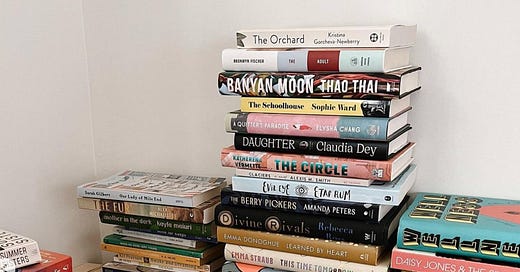


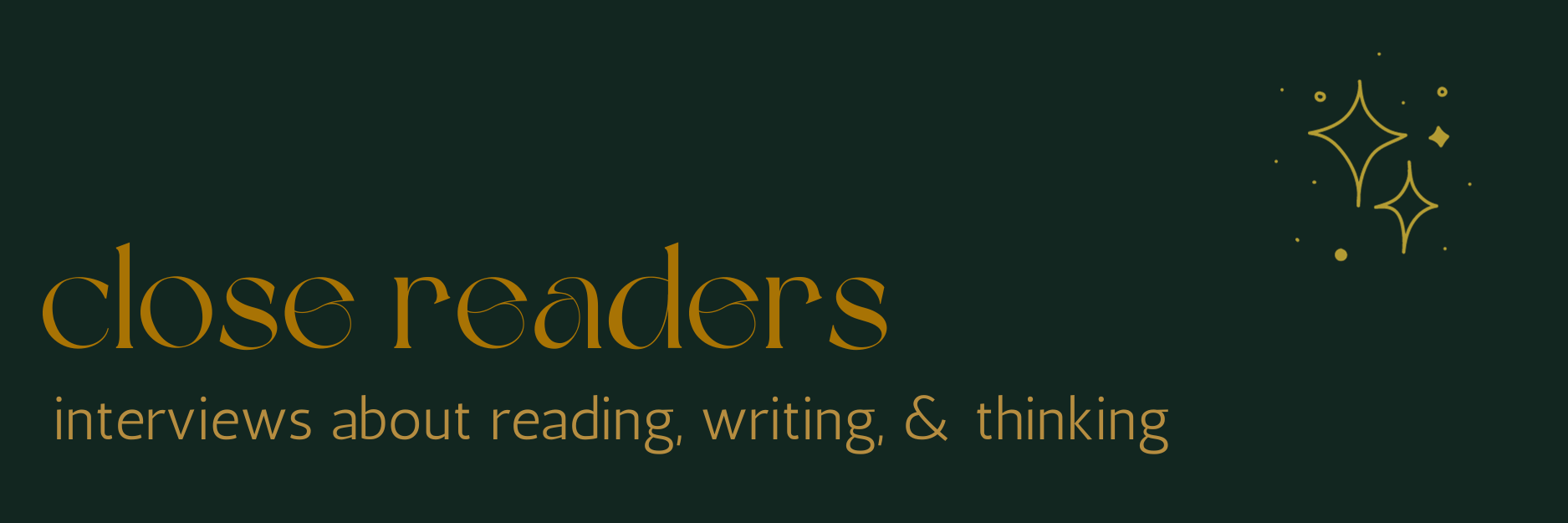

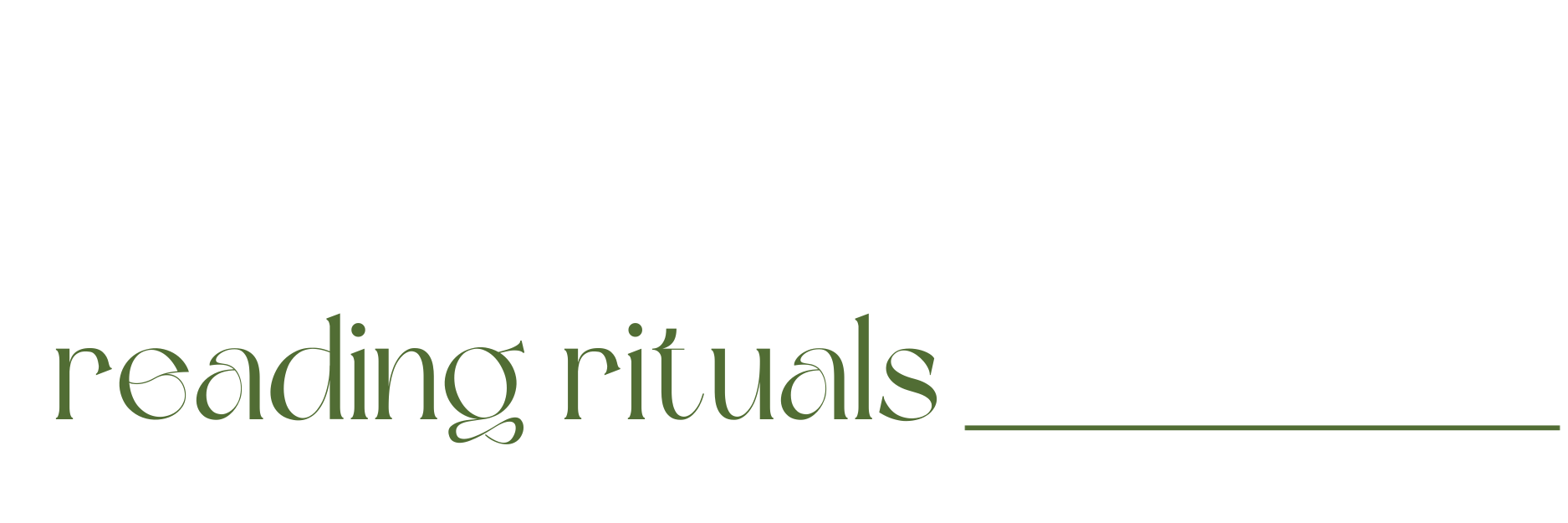
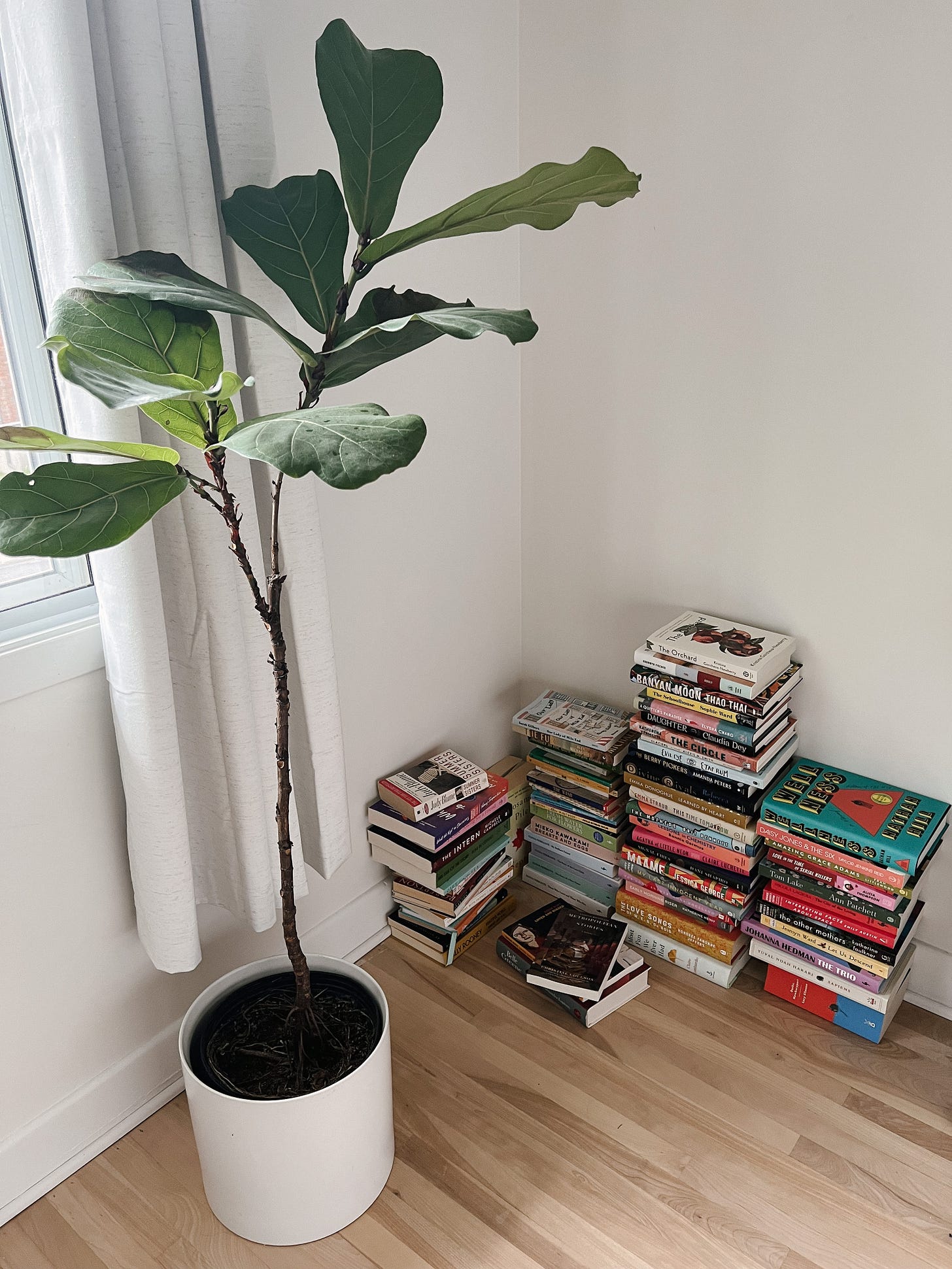
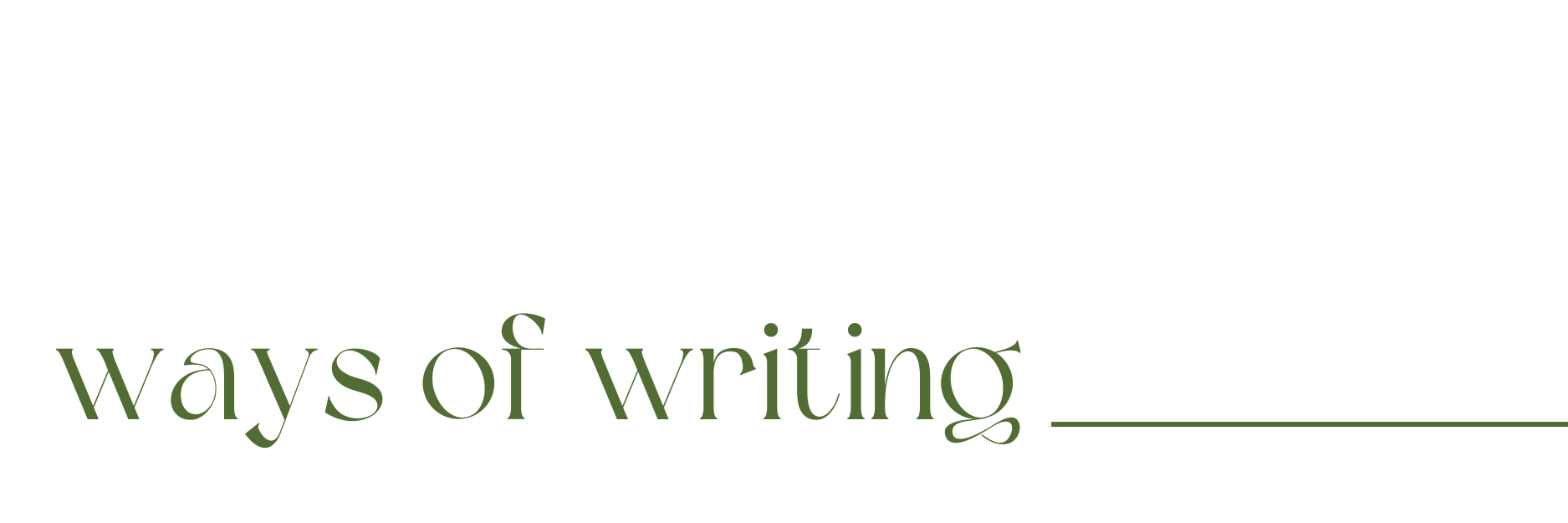
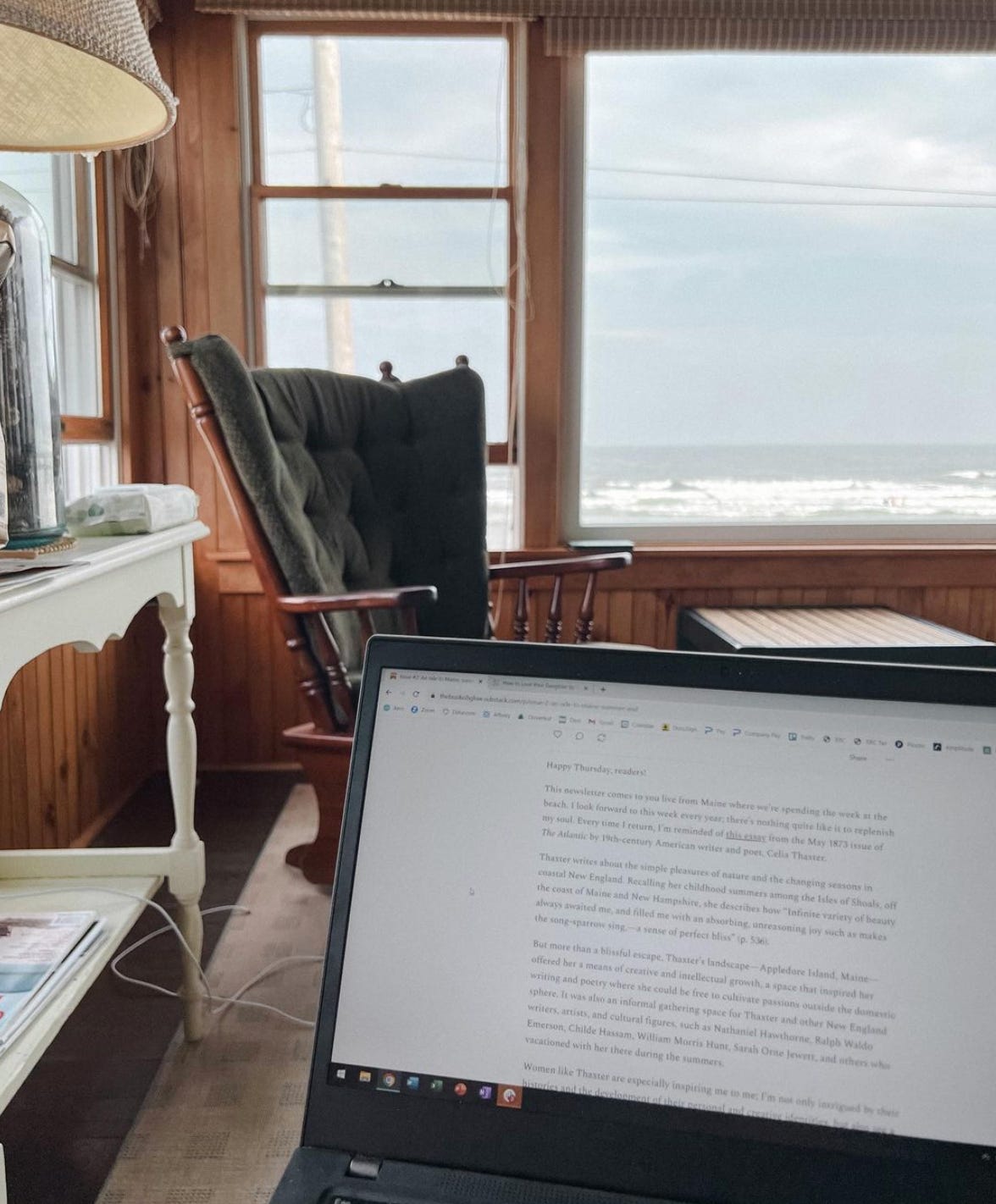
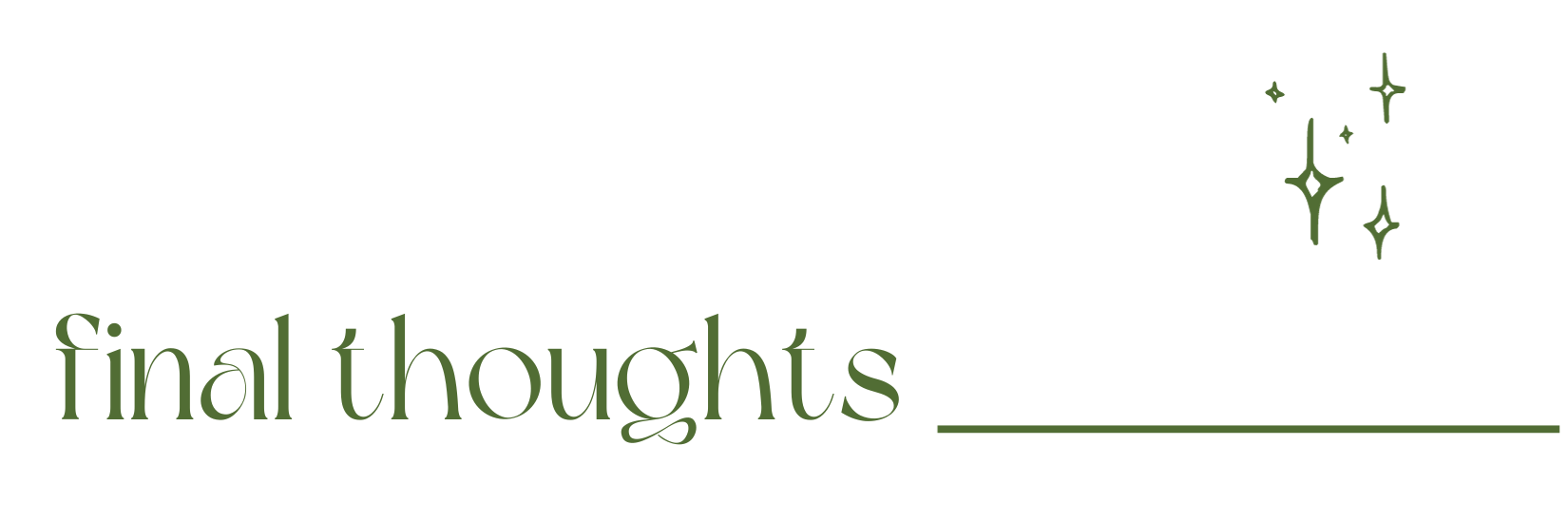
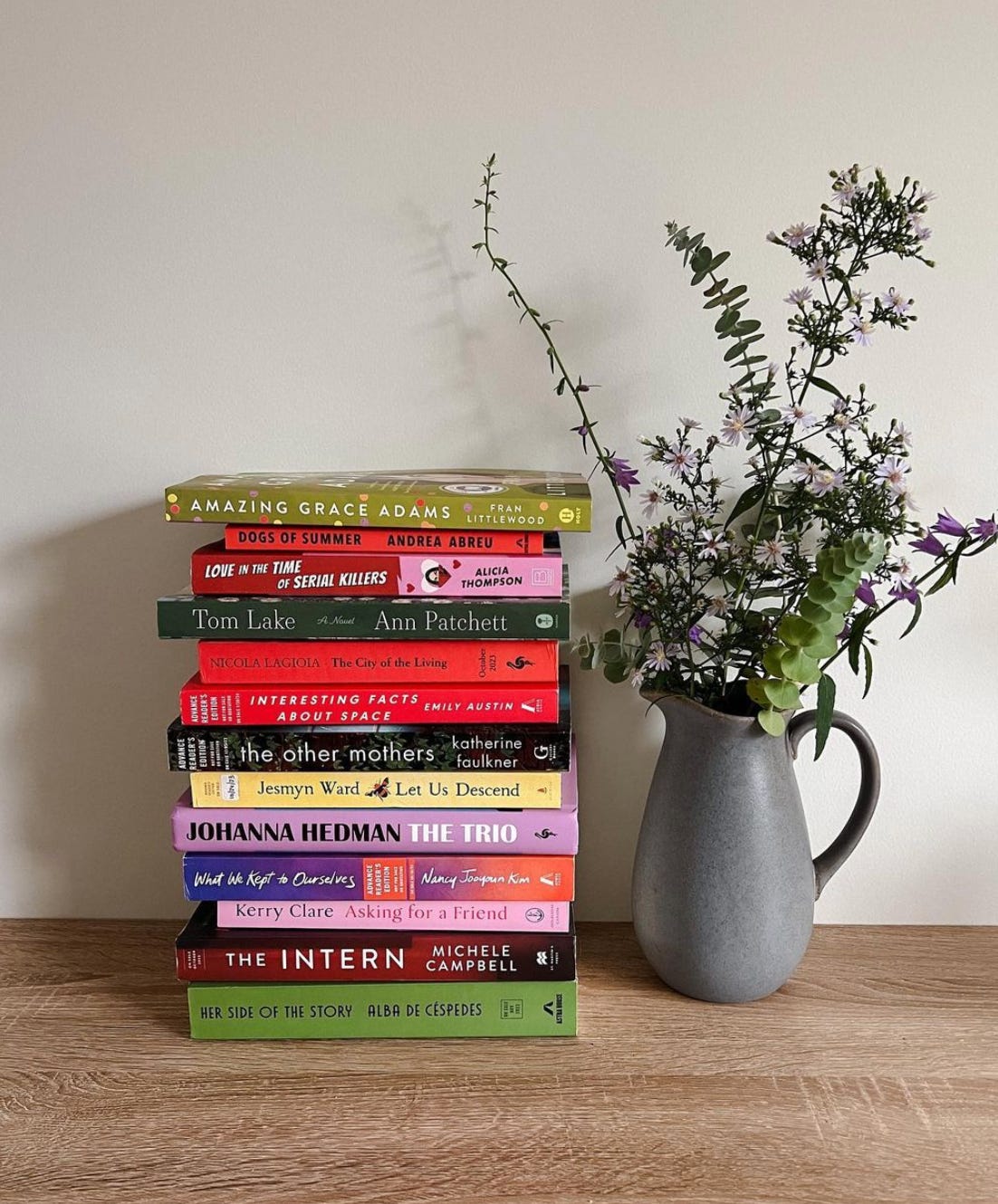
Loved reading this interview with Alexandra! Long time fan on Bookstagram ◡̈